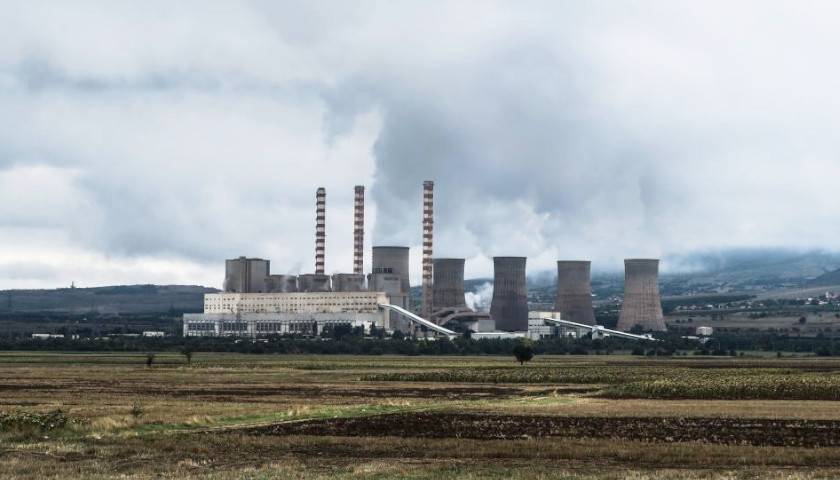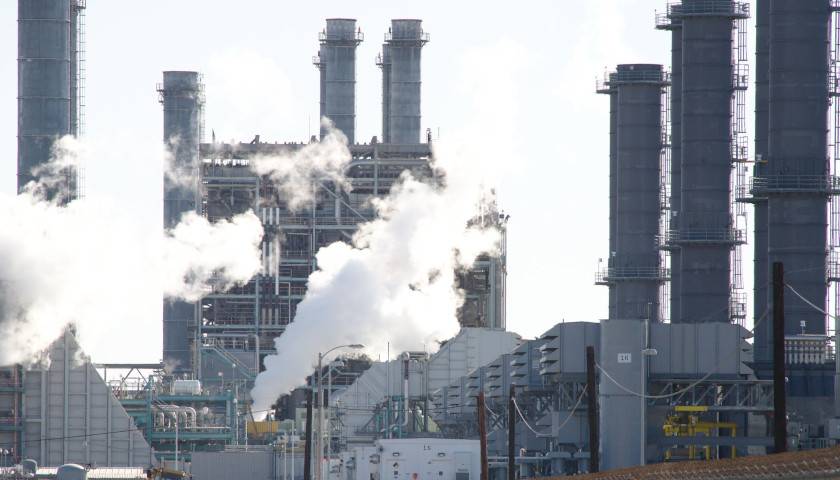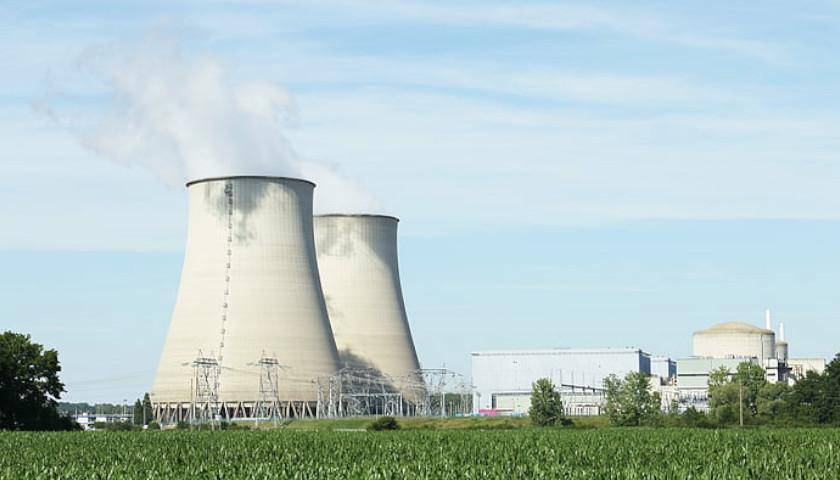California gas prices could rise by at least $1.11 per gallon by 2026 if the California Air Resources Board adopts amendments to its low carbon fuel standard program, CARB says. The LCFS amendments proposed at the end of 2023 would phase-out credits for turning manure into renewable natural gas, ending that business, and add jet fuel to LCFS purview, increasing flying costs for every flight that starts or ends in California even if the fuel was purchased elsewhere. Because so much of America’s imports come in through California, the LCFS amendments would raise the costs of goods for every American.
LCFS uses a system of credits and deficits to reward or punish producers that make fuel better or worse than the rising “clean” standard.” Current LCFS guidelines call for a 20% reduction in carbon intensity by 2030 compared to 2010, while the proposed amendments call for a 90% reduction by 2045, including significant step-downs starting in 2025 that would result in major fuel cost increases starting that year.
Read More







